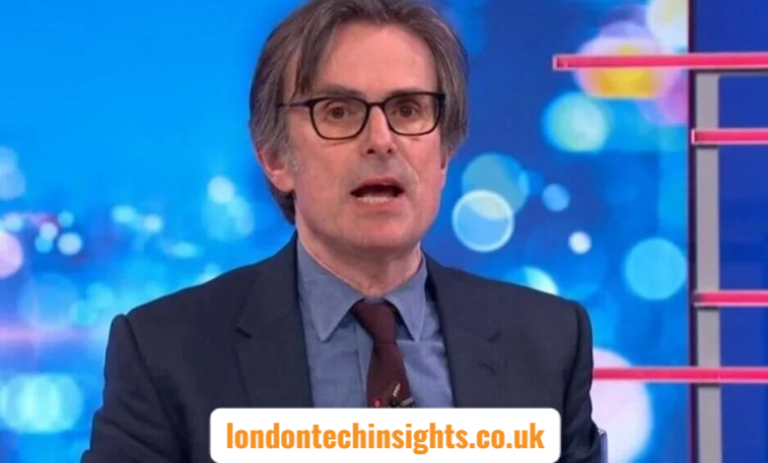
Getty Images is suing Stability AI in the UK High Court, alleging that its image-generation model, Stable Diffusion, was trained on millions of Getty’s copyrighted images without authorisation. While Getty dropped direct copyright claims in June 2025, the case continues under secondary copyright infringement, trade mark infringement, and passing off, with major implications for AI developers and rights holders alike.
In early 2023, Getty Images launched legal proceedings against Stability AI, one of the leading players in generative AI. Getty alleges that:
- Stability AI scraped millions of its images from the web to train its model.
- Many of these images bore Getty’s watermark, signalling ownership.
- The AI-generated outputs, in some instances, mimicked Getty’s style or branding.
The lawsuit was filed in the High Court of England and Wales, making it one of the first major IP cases in the UK focused on AI training data.
How the Case Evolved
By mid-2025, Getty withdrew its primary copyright and database right claims. The UK court had indicated that proving infringement related to activity outside the UK – particularly the location of AI model training – would be complex.
As of August 2025, the case now centres on:
- Secondary copyright infringement (where software facilitates third-party infringement)
- Trade mark infringement, focusing on the misuse of Getty’s watermark
- Passing off, alleging that Stability AI’s outputs could mislead users into thinking they are associated with Getty
These remaining claims still raise pivotal questions about the role of AI tools in reproducing or referencing protected works.
Legal and Industry Implications
This case sits at the intersection of copyright, AI, and brand enforcement. Key points include:
- What constitutes secondary infringement? Getty argues that even if Stability AI didn’t directly generate infringing images, its model enables users to do so.
- Trade mark dilution and confusion: Getty’s watermarks appearing in generated content could imply false affiliation, which may fall under trade mark misuse.
- Territoriality of IP rights: The case challenges how global tech firms using decentralised training infrastructures can be held accountable under UK law.
- A Broader Debate: Copyright vs Innovation
Stability AI and many in the tech sector argue that training AI on publicly available data (even if copyrighted) is a necessity for innovation. Critics counter that without licensing, content creators lose control over how their work is used, potentially undermining whole industries.The Getty case could set a benchmark for how courts balance these concerns, especially as new models, such as open-source diffusion systems, become increasingly widespread.
Final Thoughts
The outcome of Getty v. Stability AI is likely to shape how AI companies engage with IP law for years to come. It will affect developers, content creators, publishers, and regulators as they navigate emerging rules around training data, rights attribution, and brand protection. As such, it’s best to approach professional IP lawyers such as Briffa Legal to help guide you through this rapidly developing environment.
Need guidance on protecting your IP in the age of AI? Briffa Legal advises creators, developers and brands on navigating the complex intersection of intellectual property and emerging technologies. Contact Briffa Legal for your IP infringement needs.






